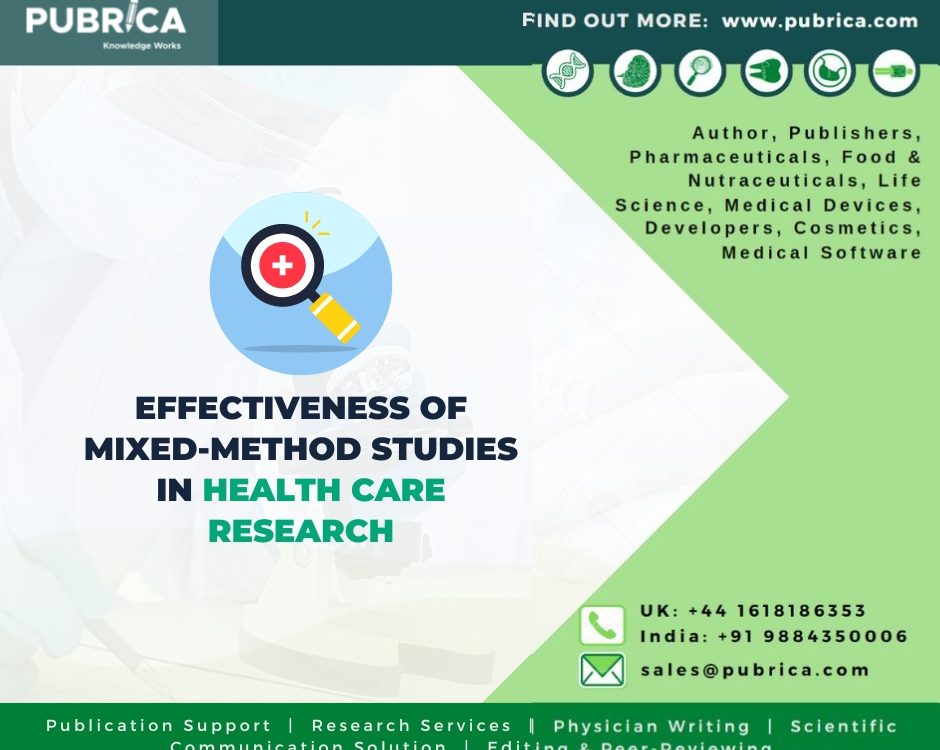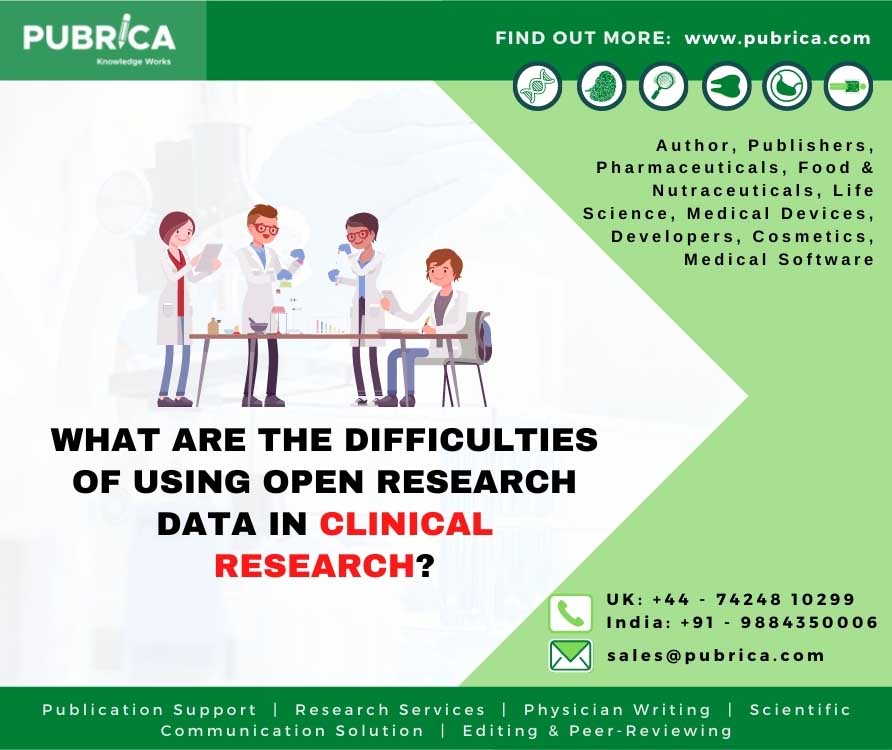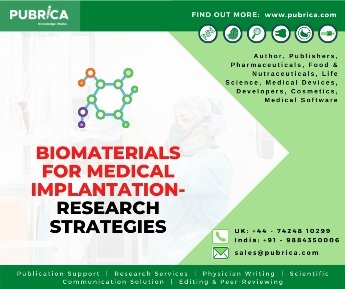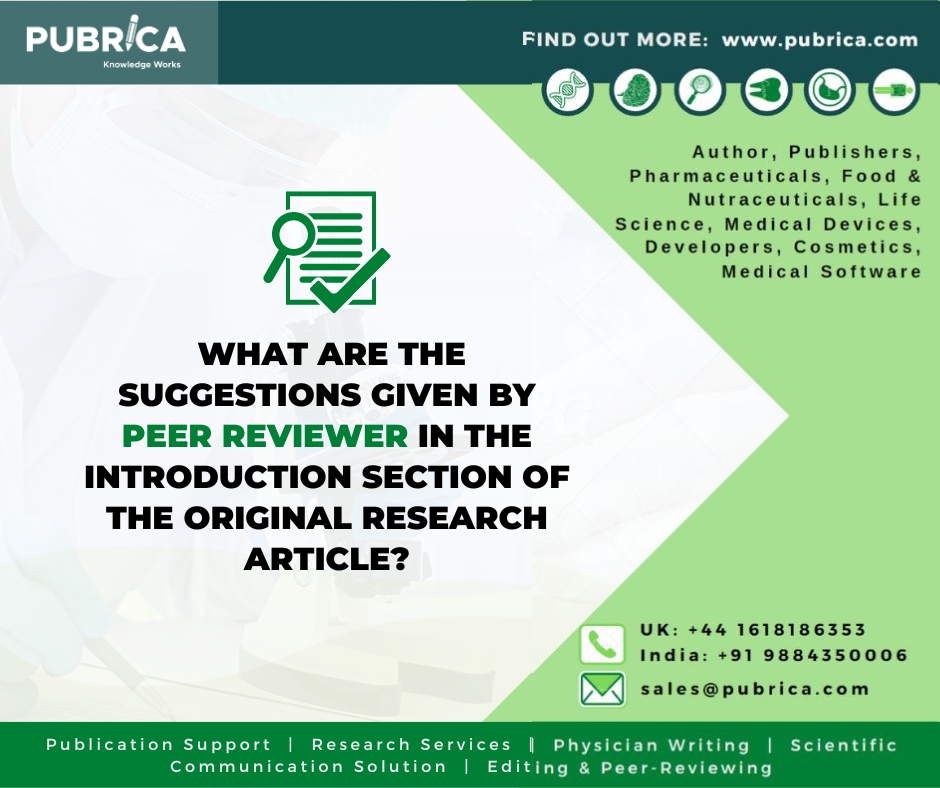
What are the suggestions given by peer reviewers in the introduction section of the original research article?
August 29, 2023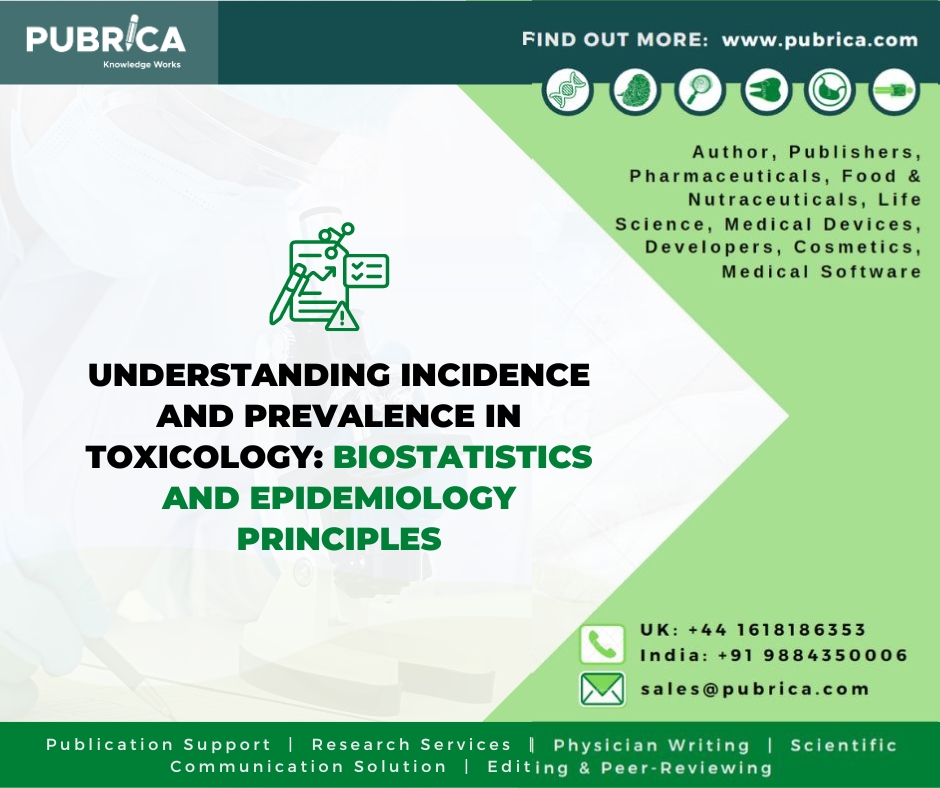
Understanding Incidence and Prevalence in Toxicology: Biostatistics and Epidemiology Principles
September 8, 2023Cross-sectional research is a type of observational study in which a population is examined at a particular moment in time rather than throughout time. The purpose of cross-sectional study on professional medical writing help is to learn about the present state, practices, and perceptions of medical writing support in the healthcare and pharmaceutical sectors.
Introduction
Publication in a peer-reviewed journal remains the gold standard for reporting clinical study data, however it is estimated that only about half of biomedical research gets published in full, and failure to publish is connected with poor study outcomes. The pharmaceutical sector, in particular, has been chastised for failing to report on clinical trials. Clinical case study reporting must be thorough and transparent in order for others to adequately analyze and comprehend the findings. When study information is not completely revealed, researchers and physicians may overestimate the benefits or hazards of medicines.
The CONSORT checklist is a guideline for documenting primary research procedures and findings in randomized controlled trials (RCTs). Adherence to these principles, however, remains unsatisfactory, with data such as primary outcomes, sample size calculation, randomization, and allocation concealment frequently being withheld. The purpose of this cross-sectional study was to look into the link between claimed medical writing support and the quality and timeliness of articles reporting RCTs, with acceptance time measured by the period between manuscript submission and editorial acceptance by the journal.
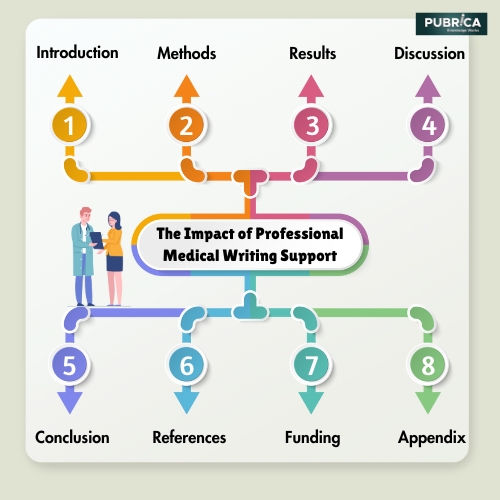
Sample selection
This study looked at the reporting of the outcomes of pharmacological intervention RCTs published in BioMed Central journals (text box). In other publications, pilot research generated an inadequately large sample of manuscripts with acknowledged medical writing help. BioMed Central journals support the CONSORT statement and have been utilized in past investigations of CONSORT adherence.
Eligibility criteria
All main reports of parallel-group, randomised trials of pharmaceutical and dietary supplement treatments were considered. Full papers were evaluated, and the existence or absence of declared medical writing services support was confirmed. Articles lacking acknowledgements were not accepted. Duplicates, reviews, post-hoc analyses, and empirical research procedures were also removed. The two groups of articles were then pooled and sorted alphabetically by title for data gathering purposes.
Data analysis
The study aimed to determine the relationship between adherence to CONSORT guidelines and declared medical writing support. A relative risk (RR) was calculated for 12 selected CONSORT items, categorized as completely described or not completely described. A subanalysis was conducted to examine the association between medical writing support and the reporting quality of industry-sponsored studies. Logistic regression was used, with medical writing support as the independent variable, complete description of at least 50% of items as the dependent variable, and year as a covariable. The study size was determined by the number of articles with medical writing support in the sample.
- Check out our sample medical writing examples to see how the medical writing sampleis constructed.
Quality of written English
Articles with reported medical writing help were more likely to be assessed as having adequate written English by all reviewers during peer review (81.1% (43/53 papers); 95% CI 67.6% to 90.1% versus 47.9% (23/48 articles); 95% CI 33.5% to 62.7%). The proportion of articles with an affiliation from a nation where English was the primary language was similar for both groups: 49.1% and 50.4% for articles with and without medical writing help, respectively.
Discussion
Clinical trials can advance patient treatment if methods and results are fully disclosed. Industry-funded trials are more likely to comply with legal reporting obligations than those funded by government or academic institutions. Professional medical writing support may improve reporting quality. However, only half of research is published in full, and many publications do not disclose important information. Surveys show that 84% of authors value the assistance provided by professional medical writers, particularly in editing manuscripts and adhering to reporting guidelines.
Conclusion
There is still an opportunity to improve clinical study reporting quality. Professional medical writing assistance may improve the disclosure of critical information about clinical trials, which is required when establishing the validity and generalizability of findings.
To know more about Research services, check our study guide. What Qualifies as an Original Research Article in the looks of Reviewers?
About Pubrica
The team of researchers and writers at Pubrica creates scientific and medical research articles that may be a vital resource for practitioners and authors. By educating the reader about the flaws or gaps in the chosen study field, Pubrica medical writers assist you in writing and editing the introduction. Our specialists are familiar with the format that moves from a broad topic, problem, and background to a focused topic where the hypothesis is stated.
References
- Gattrell, William T., et al. “Professional medical writing support and the quality of randomised controlled trial reporting: a cross-sectional study.” BMJ open 6.2 (2016): e010329. http://dx.doi.org/10.1136/bmjopen-2015-010329
- Evuarherhe, Obaro, et al. “Professional medical writing support and the quality, ethics and timeliness of clinical trial reporting: a systematic review.” Research Integrity and Peer Review 4 (2019): 1-8. https://doi.org/10.1186/s41073-019-0073-7

